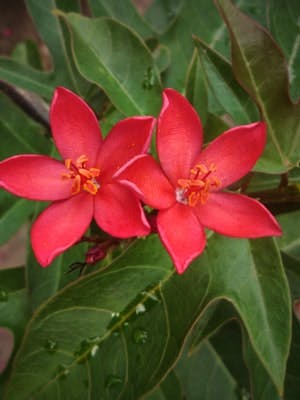
MAINS, SUSAN P.
Lecturer @ University of Dundee
Bio
Dr Susan P. Mains is a lecturer in Human Geography in the School of Social Sciences, University of Dundee. Her work examines transnational identities and media representations of mobility, borders, and security in the context of Caribbean migration, creativity in Jamaica and Scotland, and heritage tourism. She is editor of Mediated Geographies and Geographies of Media (co-editors J. Cupples and C. Lukinbeal): a book exploring contemporary research on space, media and identities (Springer, 2015). More recently she has been actively involved in collaborating with artists, curating exhibitions and developing walking workshops as part of research and public 35 engagement processes examining connections to place. Her most recent curated collaborative exhibition explored ‘Moving Jamaica: Scottish-Caribbean Connections and Local-Global Journeys,’ which was commended as part of the Annual Stephen Fry Public Engagement Awards.
Geographical location :
Research Area and Interest :
Social Media
Panel(s)
- Summary:
Presentation(s)
- Summary: This paper examines the potential for a critical transdisciplinary approach towards place narratives by exploring the ways in which movement and mobility feature in historical and contemporary images depicting connections between the Caribbean and the UK. Building on social science, humanities and artistic research, it explores the relationship between representation, mobility and conversation in order to illustrate the ways in which public exhibitions may offer a specific form of postcolonial poetics and praxis through critical engagement, social justice research and interaction. To undertake this exploration the study focuses particular attention on visual imagery associated with Jamaica and Scotland, specifically in the context of mobility, Windrush anniversaries and recent attempts to re-visit Scotland’s role in historical plantation economies. In conjunction with these representations, the paper utilises Jamaican creative writing as a counter-mapping framework for creating an analysis that is grounded in the idea of conversation and negotiated identities. Visual and textual representations are brought together in an attempt to explore mixed methods approaches towards analysing how concepts of mobility are central to Scottish-Jamaican cartographies.
